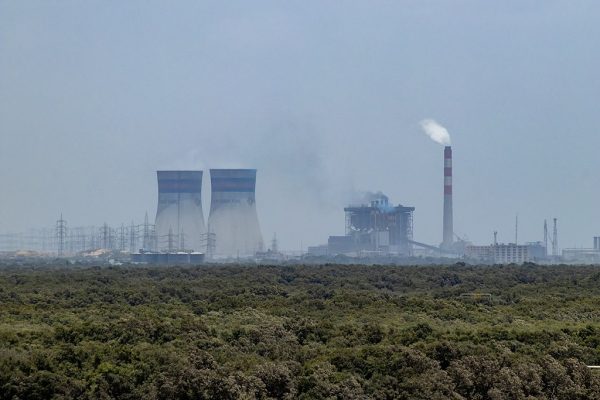
The Pakistani government has once again promised to start making payments to China’s independent power producers (IPPs) set up under the China-Pakistan Economic Corridor (CPEC). It has also announced the finalization of a monthly procedure to make regular payments to the Chinese investors working in Pakistan’s energy sector.
In the first phase, Pakistan has promised to pay $200 million to four Chinese power producers to save them from default. It will make the payments in local currency in an effort to put minimum pressure on the Pakistani rupee. However, the payment, if made in the coming days, would only cover a fraction of the payments that Pakistan owes Chinese firms. It is estimated that Pakistan has to pay around $1.07 billion to 12 Chinese IPPS.
This is not the first time that Pakistan has promised to clear dues owed to China’s power producers. In the past, the country has missed a number of payment deadlines, resulting in Chinese investors refusing to start new projects or complete the existing ones as per the scheduled deadlines.
A government official told The Diplomat on condition of anonymity that Prime Minister Shehbaz Sharif was eager to change this impression. “Sharif wants the Chinese leadership to know that he is the guy who can deliver on Beijing’s needs,” he said. It is pertinent to mention here that Sharif is scheduled to visit China later this year, when he may have to face questions from the Chinese regarding pending payments to China’s IPPS and other deals under the CPEC.
Already, China is frustrated over Pakistan’s inability to complete CPEC projects. Pakistan has only completed three CPEC projects in Gwadar as “one-dozen projects costing nearly USD 2 billion remain unfinished including water supply and electricity provision,” according to the recent CPEC Authority report.
A move that could further irk Beijing is the Sharif government’s decision to abolish the CPEC Authority, a body that made all CPEC-related decisions. The current government, which is headed by the Pakistan Muslim League-Nawaz (PML-N), maintains that its decision will help in fast-tracking CPEC-related projects. The move alongside the ongoing political and financial crisis is complicating Pakistan’s ties with China.
One of the reasons for Pakistan’s inability to pay Chinese companies is that Islamabad does not have the money to make hefty payments. Moreover, Pakistan’s energy-related deals with China are under the scrutiny of the International Monetary Fund (IMF).
As per one report, the IMF wants Pakistan to negotiate with the Chinese IPPs to get better deals on debt restructuring of CPEC power plants. Pakistan has assured the IMF that it will “strive to reduce capacity payments, as we pay the arrears, either by renegotiating the PPAs [Power Purchase Agreements] or by lengthening the duration of bank loans.”
It is important to note here that IMF has, for years, demanded that Pakistan should manage its CPEC related outflows.
For instance, in 2016, the IMF warned that repayment obligations on CPEC-related projects will rise exponentially after 2021. The fund had alerted that repayments and profit return on Chinese investments, “could reach about 0.4 per cent of GDP per year over the longer run.”
At this stage, it is unclear if Pakistan will be successful in renegotiating deals made under the CPEC. Certainly, China is not going to be happy with Pakistan coming with fresh requests to negotiate CPEC deals under pressure from the IMF. In addition, the non-payment of the existing dues could further create friction in ties. It is possible that China may put up conditions of its own to offset Pakistan’s renegotiation requests. A cash-strapped Pakistan is going to find it hard to manage its relationship with China and the IMF.
The all-weather friendship is certainly under immense pressure, and may not recover soon as Pakistan’s financial woes grow.
Cash-Strapped Pakistan Struggles to Keep China Happy
Source: Frappler

0 Comments